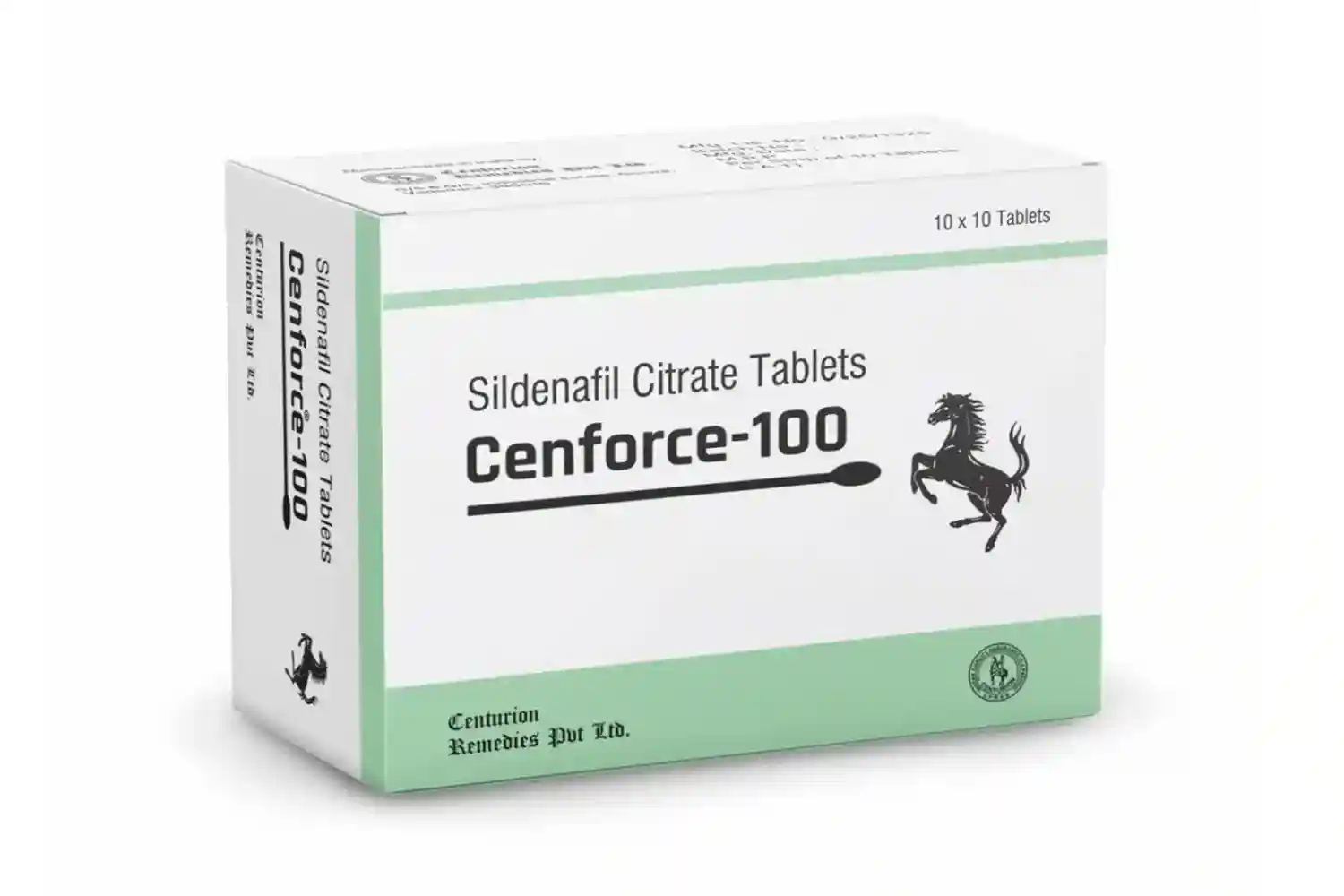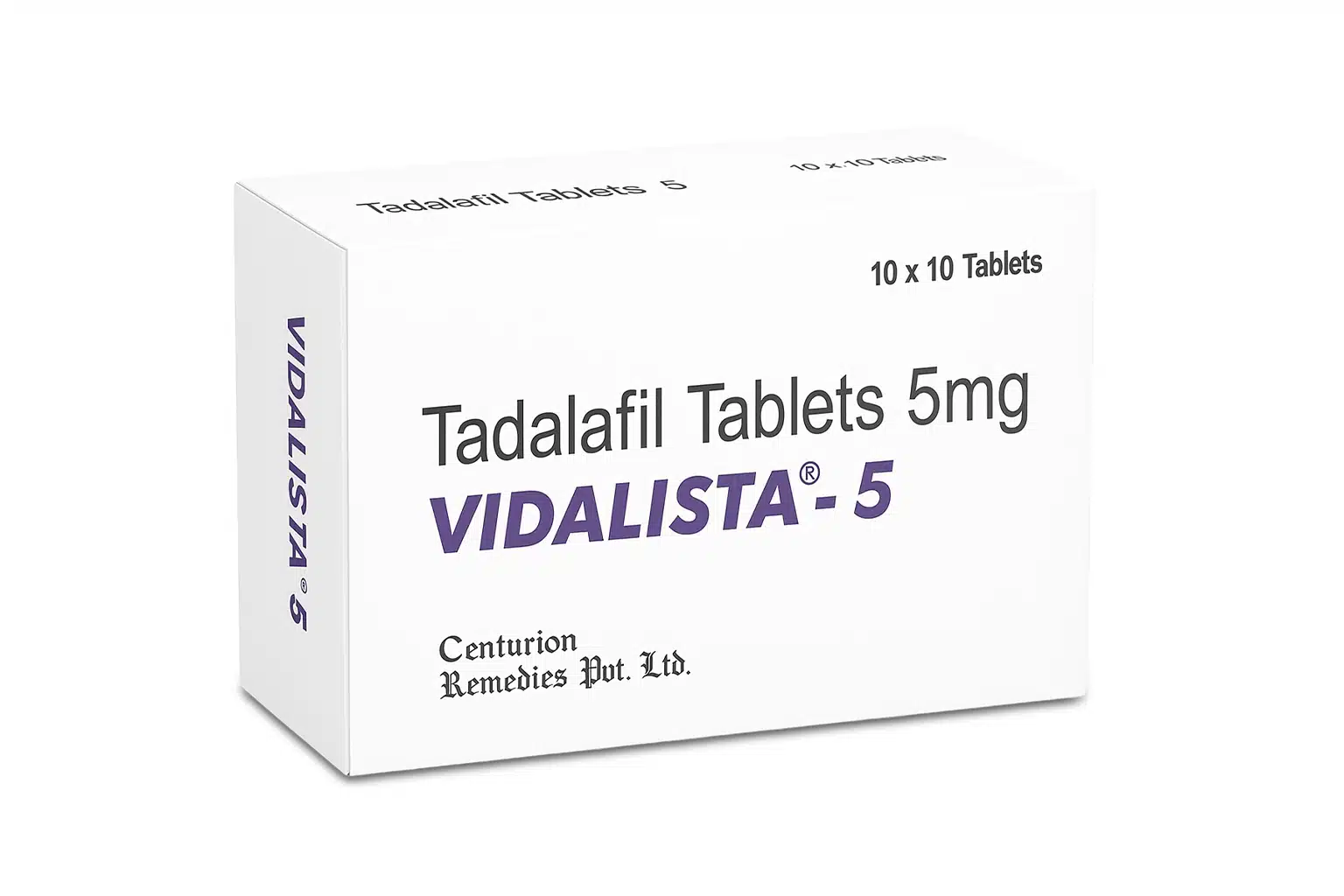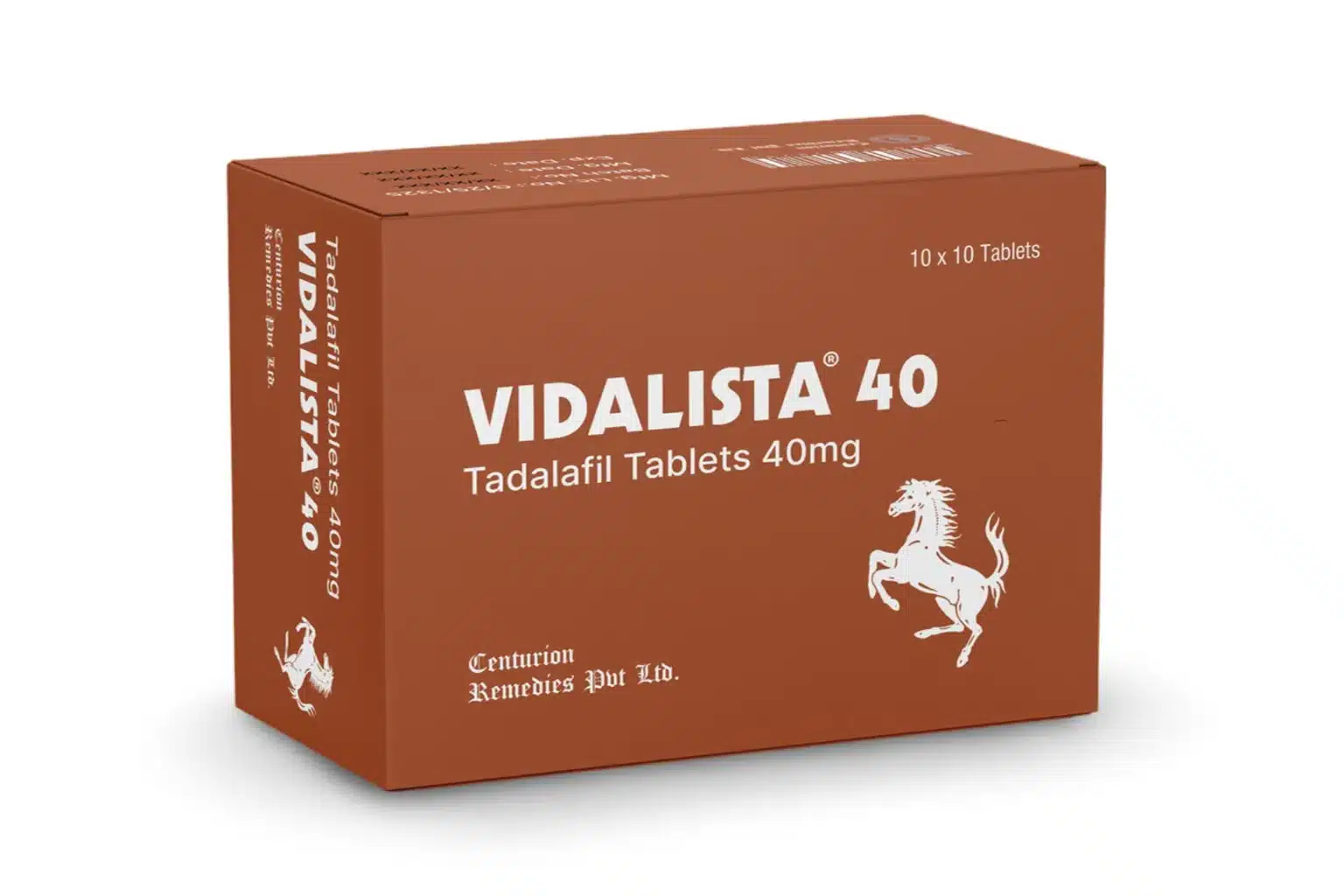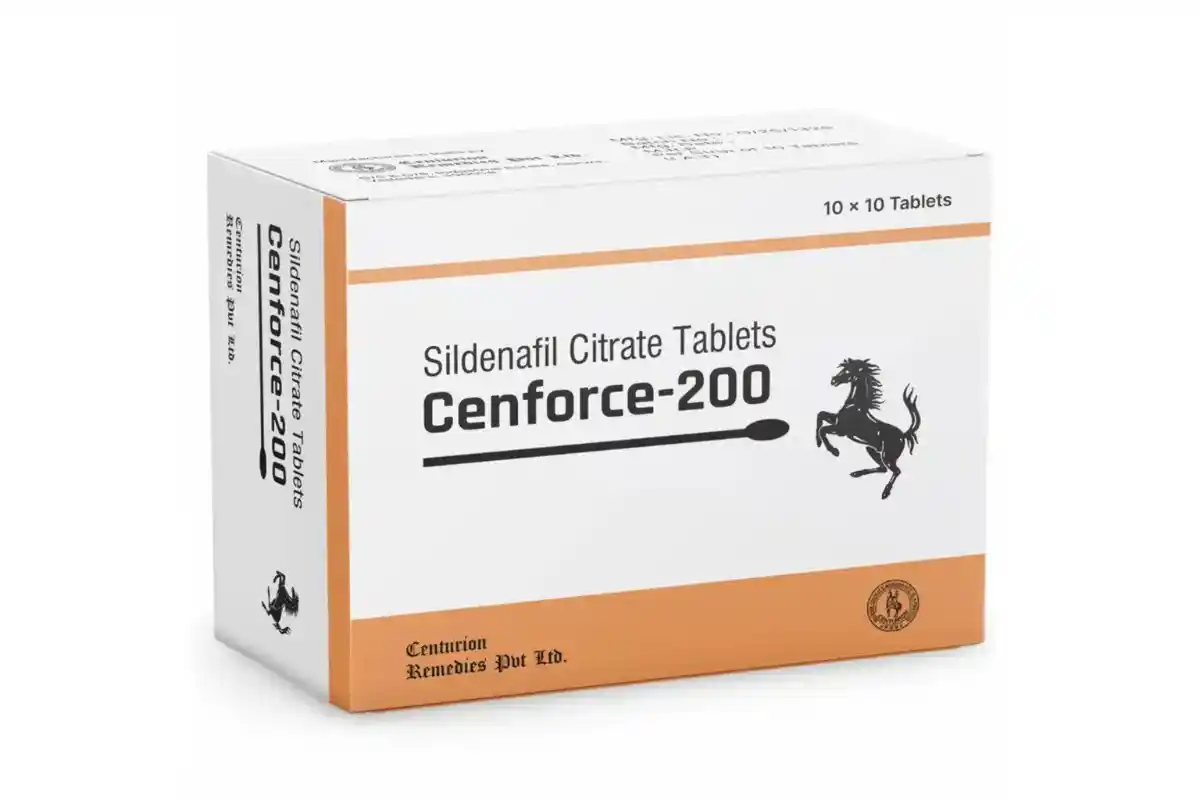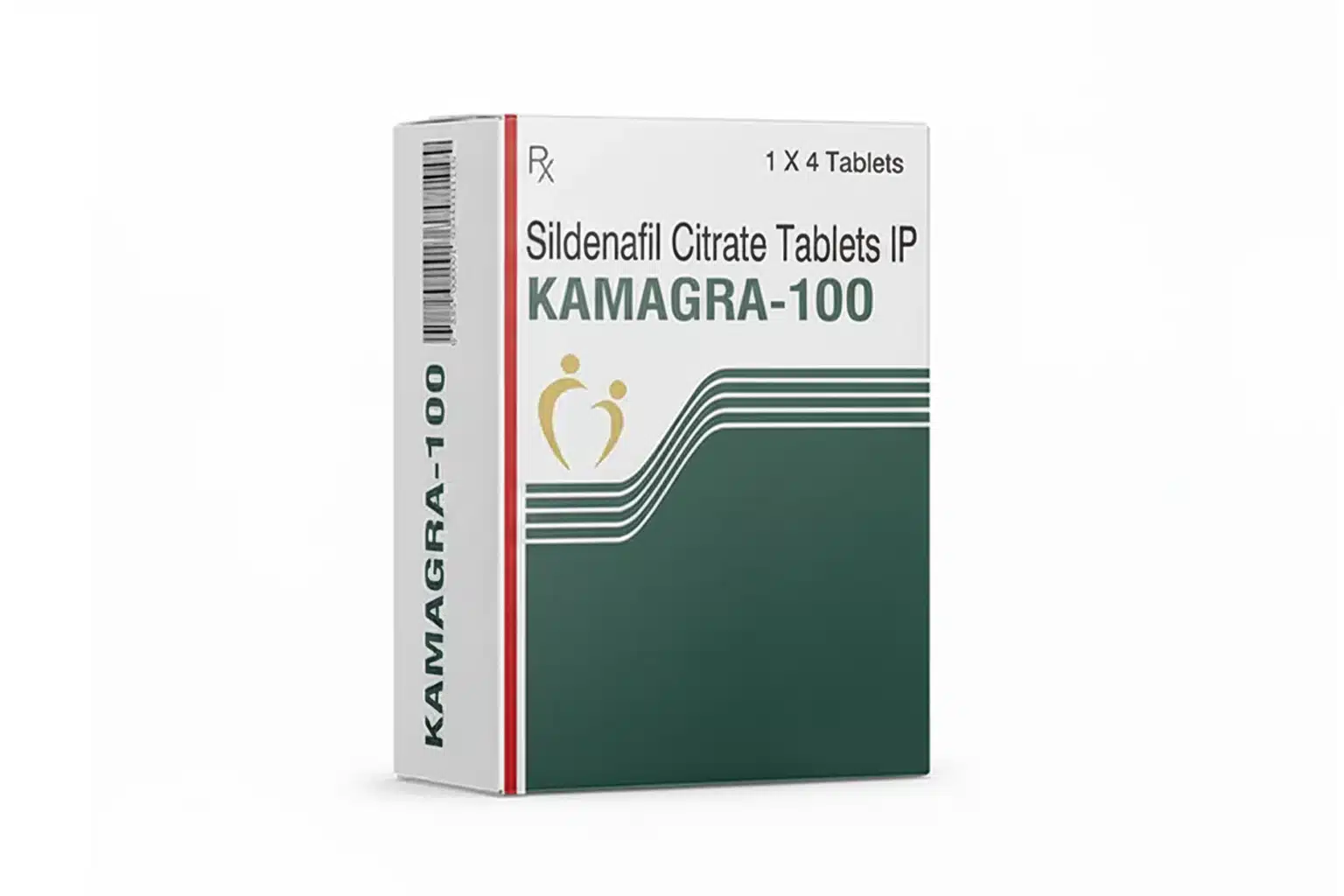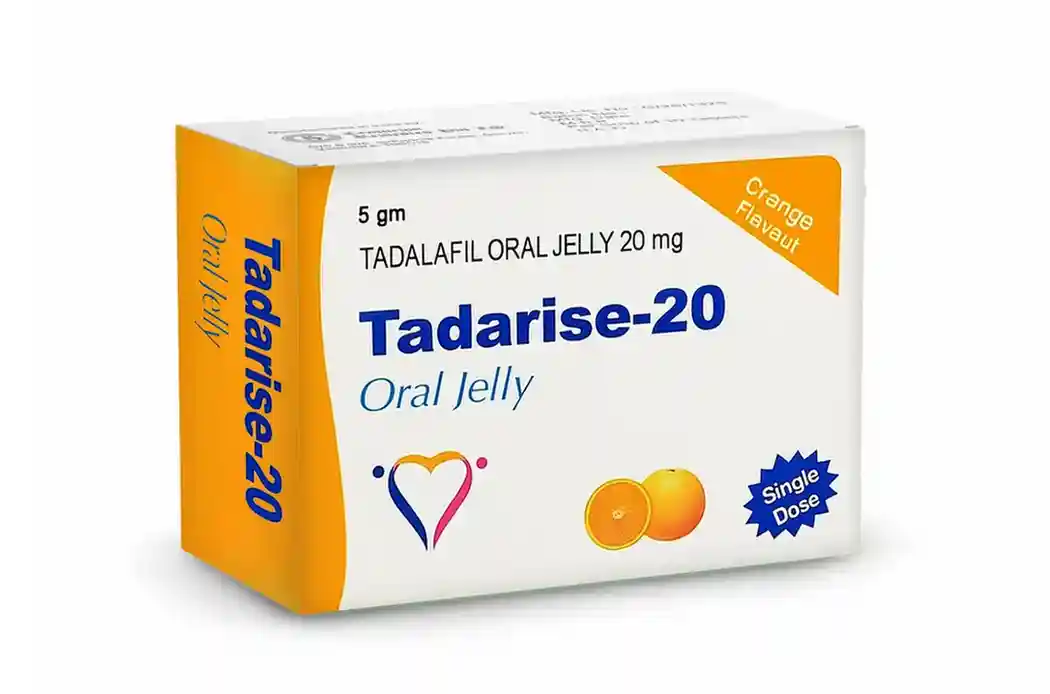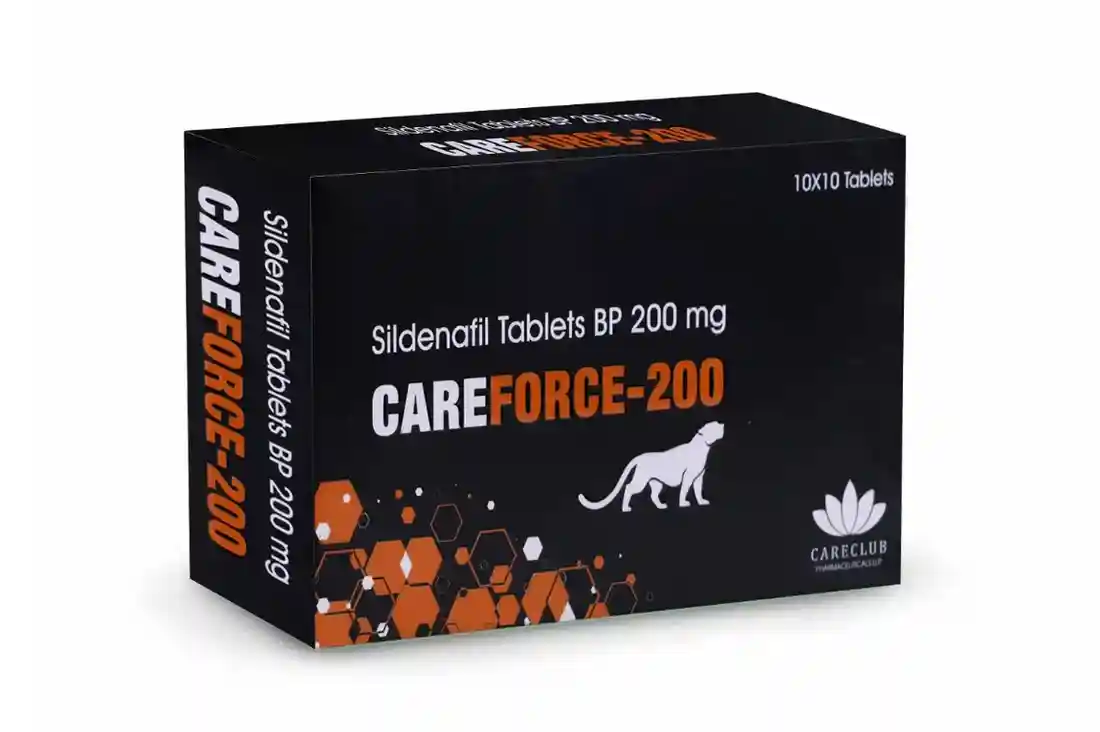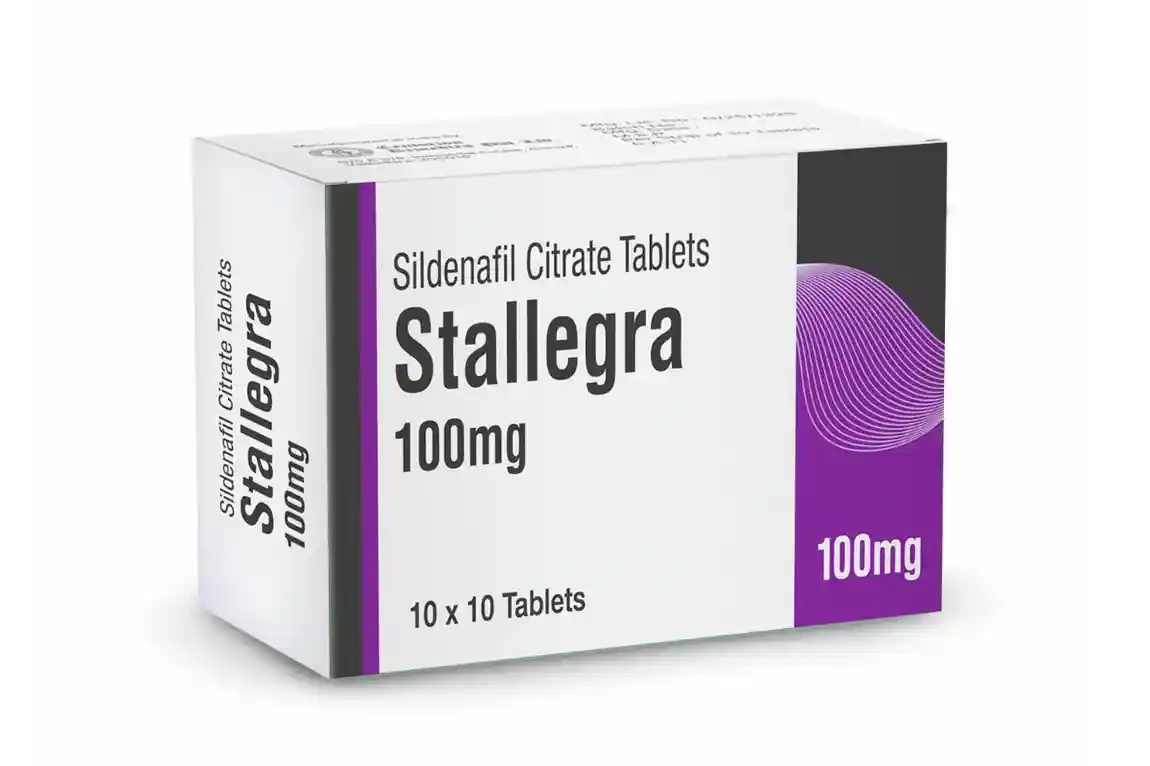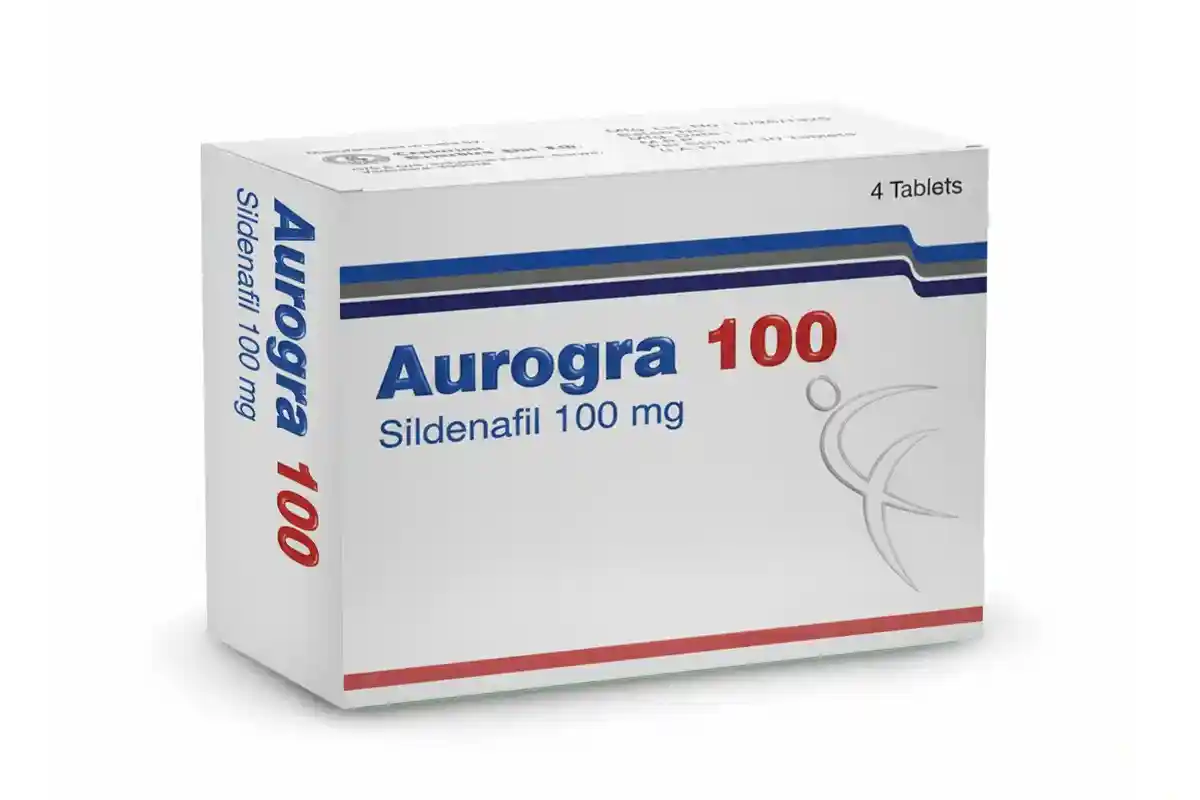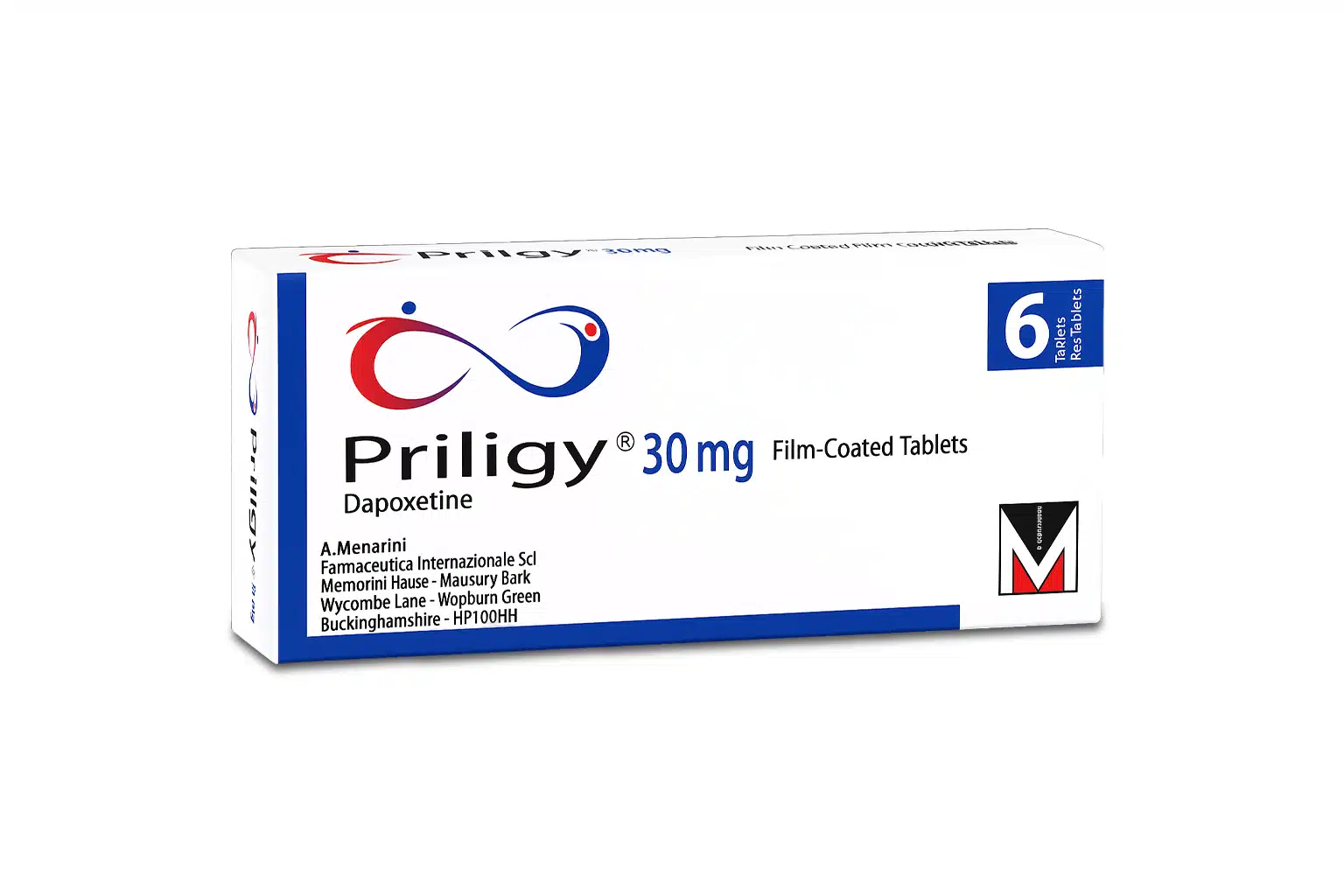Ever feel like your brain is a million miles an hour, and your body is right there with it? For a lot of people with ADHD, that’s just life. But what happens when that whirlwind of energy and impulsivity crashes head-on into the world of desire? This is where we begin to break down the complicated subject of ADHD and hypersexuality. It’s not just a matter of having a high libido; it’s a deeper, more personal journey to find the right balance that leads to real sexual health. And as we go, we’ll talk about everything from common supplements to specific medications, but with a real-world perspective.
Hypersexuality: The Difference is in the “Why”
Let’s be real. There’s nothing wrong with a strong sex drive. Some people have a high libido, and that’s a normal, healthy part of who they are. Hypersexuality, though? That’s different. It’s when sexual thoughts and behaviors feel less like a choice and more like a compulsion. It’s often a frantic, sometimes distressing, pursuit that takes over your life, causing problems in your relationships, your finances, or even with the law. The feeling is less about connecting for pleasure and more about chasing a quick fix or using sex to escape something else.
The ADHD Connection: A Story of Impulse and Cravings
ADHD is a unique neurodevelopmental condition. It messes with things like focus and impulse control. While it doesn’t directly cause hypersexuality, its key symptoms can set the stage for it. Think of it this way: the ADHD brain is often in a constant search for dopamine, that feel-good brain chemical. Sexual activity provides a powerful, immediate hit of it.
- Impulsivity as an Urge: The most obvious link. The part of the brain that says “wait, think about this first” is often on a coffee break in someone with ADHD. Acting on a sexual urge without considering the consequences, like safety, feelings, or reputation, becomes far more likely.
- Chasing the New: The ADHD brain loves novelty. It’s a constant craving for fresh stimulation. In a sexual context, this can mean feeling the need to find new partners or try new sexual things. It’s not about feeling close to someone; it’s about the thrill of something new and the frantic dance for the next dopamine rush.
- The Emotional Rollercoaster: Do you ever feel like your feelings are too strong? A lot of people with ADHD do. They might have sex to deal with their feelings of boredom, loneliness, anxiety, or sadness. It’s a quick, albeit temporary, way to self-soothe or distract. This turns sex into a coping mechanism rather than a form of intimacy.
- The “What If?” Deficit: ADHD can make it hard to think ahead. Executive function includes planning, organizing, and seeing the big picture. When you have trouble with these things, it’s hard to set limits or see how a certain behavior could cause problems later on.
- Rejection Sensitivity Dysphoria (RSD): A lot of people with ADHD have a hard time with this: they are susceptible to the feeling of being rejected. Some individuals might use sexual behavior to seek validation and approval, desperately looking for someone to say “yes” to them to quiet that deep-seated fear of being told “no.”
When It All Goes Wrong: The Real-World Impact
The aftermath of hypersexuality is tough. It’s a road paved with distress and regret. People find themselves:
- Ruining Relationships: Trust gets shattered. Infidelity becomes a pattern. True intimacy is replaced with a hollow, compulsive pursuit.
- In financial trouble: Money goes missing on adult websites, sex work, or other related costs.
- Facing Legal Issues: Doing things that are dangerous can get you in a lot of trouble with the law.
- Feeling Trapped: Underneath the surface, there is often a lot of emotional pain, shame, and a sense of being completely out of control.
- At Risk: Having sex without protection or a lot of times can put someone at risk for STIs.
Finding Your Way Back to Sexual Wellness
Real sexual wellness is about having a healthy, satisfying, and safe relationship with sex. For someone navigating hypersexuality and ADHD, it’s a journey that requires support, self-compassion, and a clear plan.
Get a Real Diagnosis
This is the most important step. If ADHD is fueling these behaviors, getting a proper diagnosis and treatment is the first domino to fall. Managing the core symptoms of ADHD—through medication, therapy, or both—can dramatically reduce the intensity of hypersexual urges.
Best Seller
-
Cenforce 100 Mg
Best Seller$24.00 – $215.00Price range: $24.00 through $215.00Rated 4.50 out of 5Shop Now This product has multiple variants. The options may be chosen on the product page -
Vidalista 5 Mg
best sellers$18.00 – $182.00Price range: $18.00 through $182.00Rated 4.00 out of 5Shop Now This product has multiple variants. The options may be chosen on the product page -
Vidalista 40 Mg
Best Seller$28.00 – $276.00Price range: $28.00 through $276.00Rated 4.00 out of 5Shop Now This product has multiple variants. The options may be chosen on the product page -
Cenforce 200 Mg
best sellers$31.00 – $335.00Price range: $31.00 through $335.00Rated 4.00 out of 5Shop Now This product has multiple variants. The options may be chosen on the product page -
Cenforce Fm
best sellers$33.00 – $218.00Price range: $33.00 through $218.00Rated 4.00 out of 5Shop Now This product has multiple variants. The options may be chosen on the product page -
Kamagra 100 mg
best sellers$24.00 – $125.00Price range: $24.00 through $125.00Rated 5.00 out of 5Shop Now This product has multiple variants. The options may be chosen on the product page -
Fildena 100 mg
best sellers$24.00 – $244.00Price range: $24.00 through $244.00Rated 4.00 out of 5Shop Now This product has multiple variants. The options may be chosen on the product page -
Malegra Oral Jelly 100 Mg
best sellers$8.00 – $44.00Price range: $8.00 through $44.00Rated 5.00 out of 5Shop Now This product has multiple variants. The options may be chosen on the product page -
Super Kamagra Oral Jelly
best sellers$25.00 – $120.00Price range: $25.00 through $120.00Rated 4.00 out of 5Shop Now This product has multiple variants. The options may be chosen on the product page -
Tadarise Oral Jelly
best sellers$19.00 – $72.00Price range: $19.00 through $72.00Rated 4.00 out of 5Shop Now This product has multiple variants. The options may be chosen on the product page -
Careforce 200 Mg
best sellers$29.00 – $332.00Price range: $29.00 through $332.00Rated 5.00 out of 5Shop Now This product has multiple variants. The options may be chosen on the product page -
Stallegra 100 Mg
best sellers$88.00 – $224.00Price range: $88.00 through $224.00Rated 5.00 out of 5Shop Now This product has multiple variants. The options may be chosen on the product page -
Exclusive
Aurogra 100 Mg
best sellers$29.00 – $76.00Price range: $29.00 through $76.00Rated 4.00 out of 5Shop Now This product has multiple variants. The options may be chosen on the product page -
Priligy 30 mg
best sellers$22.00 – $156.00Price range: $22.00 through $156.00Rated 4.50 out of 5Shop Now This product has multiple variants. The options may be chosen on the product page
Talk to Someone
You don’t have to do this alone.
- CBT, or cognitive behavioral therapy, can help you figure out what’s making you act the way you do and teach you how to stop it before it starts.
- Dialectical Behavior Therapy (DBT): This is a great way to control your emotions and learn how to deal with strong feelings without acting on them right away.
- Therapy that focused on sexual behavior that was out of control: A professional can give you a plan and the right tools to deal with this problem.
Learn to Ground Yourself
Mindfulness and self-regulation techniques are game-changers. Taking a moment to breathe, to notice an urge without giving in to it, can be a small but powerful step towards taking back control.
Simple Life Changes
- Stress: Find healthy outlets for stress. Exercise, a creative hobby, or just getting outside can make a huge difference.
- Sleep: When you’re tired, your impulse control plummets. Prioritize rest.
- Food: A healthy diet supports a healthy brain, which in turn can help with mood and impulse regulation.
A Quick Word on Sexual Wellness Supplements
The market is flooded with sexual wellness supplements that promise to boost everything from libido to performance. It’s worth being skeptical. While ingredients like L-Arginine or Ginseng have some anecdotal support, they are not a solution for hypersexuality. In fact, a reliance on them can be a distraction from addressing the real, underlying issues. They are not a substitute for professional help, and any supplements should be discussed with a doctor, especially if you’re taking other medications.
A Case for Clarity
ED medications work by increasing blood flow to help a man achieve an erection. It is not, under any circumstances, a treatment for hypersexuality.
Using a medication like Avanafil 100 mg or Viagra when you don’t have a diagnosed medical need for it, particularly in the context of hypersexuality, is a dangerous idea. It could actually make it easier to act on compulsive urges and create more problems down the line. Avanafil and other similar medications should only ever be used with a prescription and for their intended purpose.
The Takeaway
The connection between ADHD and hypersexuality goes beyond just wanting sex. It’s about having a brain that is wired for a certain level of intensity, and the journey is about learning how to use that energy in a healthy way. To really be sexually healthy, you have to deal with the root causes, not just the symptoms. It’s about getting the right professional support, whether that’s for your ADHD, for the compulsive behaviors, or for both. You have to be smart about what you put in your body, whether it’s sexual wellness supplements or prescriptions. By taking control of the conversation and seeking the right help, it’s possible to move from a place of compulsion to one of peace and authentic connection.
Frequently Asked Questions
- Is hypersexuality a formal symptom of ADHD?
No, it’s not. However, core ADHD symptoms like impulsivity and emotional dysregulation can significantly contribute to compulsive sexual behaviors.
- Can medication for ADHD help with hypersexuality?
Yes, it often can. Treating underlying ADHD symptoms like impulsivity and emotional dysregulation can help reduce the intensity of hypersexual urges.
- What’s the difference between a high sex drive and hypersexuality?
A high sex drive is healthy; hypersexuality is a compulsive pattern that causes distress and negative consequences due to a loss of control.
- Should I use sexual wellness supplements for hypersexuality?
No. Supplements are not a treatment for this condition. They can be a harmful distraction from seeking the necessary professional help.
- Is Avana 100 mg (Avanafil) a suitable treatment for hypersexuality?
No. It is a prescription medication for erectile dysfunction only. Using it for hypersexuality is medically inappropriate and dangerous.
References
- Korchia, H., Lopez, M., & Selek, S. (2022). ADHD prevalence in patients with hypersexuality and paraphilic disorders: a systematic review and meta-analysis. ResearchGate. This meta-analysis indicates a significantly higher prevalence of ADHD among individuals with hypersexuality compared to the general population.
https://www.researchgate.net/publication/360567189_ADHD_prevalence_in_patients_with_hypersexuality_and
_paraphilic_disorders_a_systematic_review_and_meta-analysis
- National Institute of Mental Health (NIMH). (2024). Attention-Deficit/Hyperactivity Disorder: What You Need to Know. National Institute of Mental Health. The NIMH provides information on ADHD symptoms, including how impulsivity in adolescents and adults can lead to risky behaviors, such as unsafe sexual activity.
https://www.nimh.nih.gov/health/publications/attention-deficit-hyperactivity-disorder-what-you-need-to-know
- PubChem. (2025). Avanafil. National Center for Biotechnology Information. This official database provides a detailed scientific summary of Avanafil, confirming its role as a PDE5 inhibitor and its mechanism of action for treating erectile dysfunction. https://pubchem.ncbi.nlm.nih.gov/compound/Avanafil
- DrugBank. (2022). Avanafil: Uses, Interactions, Mechanism of Action. DrugBank Online. This resource explains the competitive inhibition of the PDE5 enzyme by Avanafil and details that its effect on the user requires sexual stimulation and is not a treatment for compulsion. https://go.drugbank.com/drugs/DB06237
- Tzelepis, C., et al. (2025). Evaluation and treatment of compulsive sexual behavior: current limitations and potential strategies. PubMed Central. This review article discusses the diagnostic criteria for compulsive sexual behavior and summarizes current evidence for various treatment approaches, including CBT and other therapeutic interventions. https://pmc.ncbi.nlm.nih.gov/articles/PMC12268503/
- American Psychiatric Association (APA). (2025). Lifestyle to Support Mental Health. American Psychiatric Association. The APA outlines the importance of a holistic approach to mental health, including the benefits of exercise, mindfulness practices, and a healthy diet for managing a wide range of conditions.
https://www.psychiatry.org/patients-families/lifestyle-to-support-mental-health


